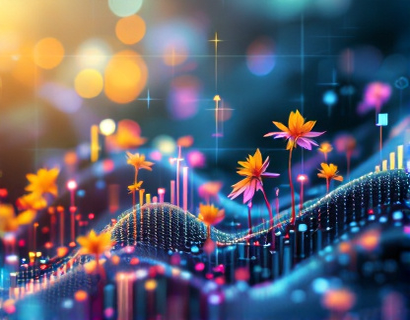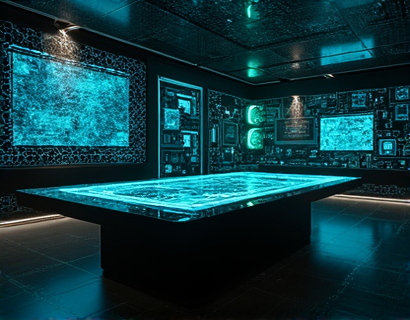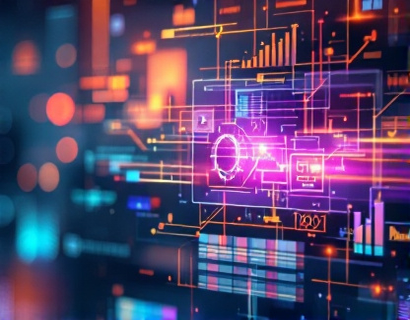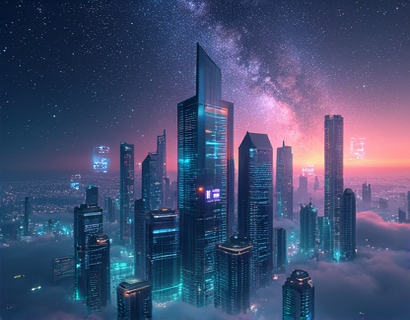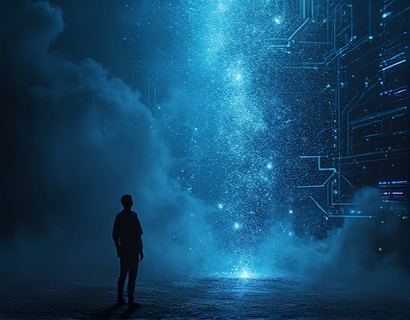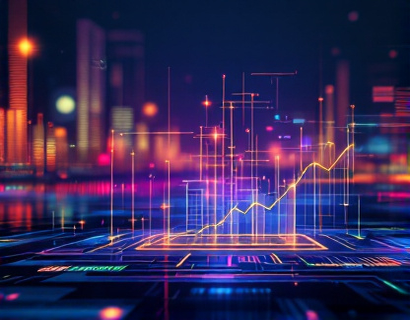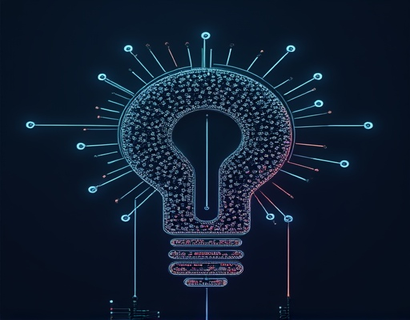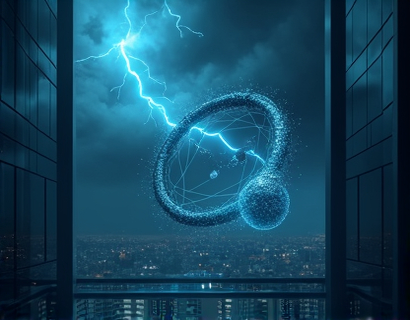Unlocking Musical Potential: Harnessing AI for Advanced Composition and Production
The landscape of music creation is undergoing a transformative shift, driven by the integration of artificial intelligence (AI) into composition and production workflows. This technological advancement offers unprecedented opportunities for artists to enhance their creativity, streamline their processes, and elevate the quality of their sound. By leveraging AI tools, musicians can unlock new dimensions of artistic expression, making the music-making process more accessible and efficient than ever before.
AI in music creation is not just a novelty; it represents a significant leap forward in how music is composed, produced, and consumed. These advanced tools are designed to understand and generate musical patterns, offering insights and capabilities that traditional methods cannot match. For both seasoned professionals and emerging creators, AI-driven software provides a powerful ally in bringing musical ideas to life.
Enhancing Creativity with AI
One of the most compelling aspects of AI in music creation is its ability to enhance creativity. Traditional composition methods often rely on the musician's innate skills and experience, but AI can expand these boundaries by suggesting novel melodies, harmonies, and rhythms. This collaborative approach allows artists to explore uncharted musical territories, fostering innovation and originality.
AI algorithms can analyze vast libraries of music, identifying patterns and trends that human ears might miss. By learning from this data, AI can generate new musical elements that resonate with current trends while also pushing the envelope of what is considered conventional. This fusion of human creativity and machine learning results in unique compositions that might not have been possible otherwise.
Streamlining Composition and Production
The integration of AI into music production significantly streamlines the creative process. Tasks that once required hours of manual work, such as arranging tracks, mixing, and mastering, can now be automated or significantly expedited. AI tools can analyze the structure of a piece, suggesting optimal arrangements and providing real-time feedback to refine the sound.
For instance, AI can assist in creating complex orchestral arrangements by simulating the sounds of various instruments and ensuring harmonic balance. It can also help in automating repetitive tasks like EQ adjustments and compression, allowing artists to focus more on the creative aspects of their work. This efficiency not only saves time but also reduces the cognitive load, enabling musicians to concentrate on the artistic vision.
Elevating Sound Quality
Sound quality is a critical factor in music production, and AI plays a pivotal role in enhancing this aspect. Advanced algorithms can analyze audio signals with precision, applying sophisticated processing techniques to achieve professional-grade results. AI-driven tools can automatically correct pitch, tune, and timing issues, ensuring that every note is perfect.
Moreover, AI can simulate high-end hardware and plugins, providing access to premium sound quality without the hefty price tag. This democratization of high-quality tools means that artists of all budgets can produce music that competes on a global stage. The ability to fine-tune every element of a track, from the subtlest nuance to the most dramatic crescendo, empowers musicians to craft recordings that stand out.
Intuitive User Interfaces
A key factor in the widespread adoption of AI in music creation is the development of intuitive user interfaces. These tools are designed to be user-friendly, making advanced technology accessible to musicians of all skill levels. Whether you're a seasoned producer or just starting out, the software guides you through the process, offering clear instructions and real-time feedback.
The interfaces often feature drag-and-drop functionality, allowing users to easily manipulate musical elements. Visual representations of audio data, such as waveforms and spectrograms, provide a clear overview of the track's structure, making it simpler to identify areas for improvement. This intuitive design ensures that the focus remains on creativity, rather than technical complexity.
Collaboration and Community
AI in music creation also fosters a sense of community and collaboration. Online platforms and forums dedicated to AI music tools enable artists to share their work, exchange ideas, and learn from one another. This collective knowledge base accelerates the learning curve and inspires new approaches to music making.
Collaborative projects facilitated by AI platforms allow musicians from different parts of the world to work together seamlessly. The ability to share and integrate ideas in real-time breaks down geographical barriers, creating a global music community that thrives on innovation and mutual support.
Challenges and Considerations
While the benefits of AI in music creation are undeniable, there are also challenges and considerations to keep in mind. One of the primary concerns is the potential loss of the human touch in music. While AI can generate impressive compositions, the emotional depth and personal narrative that a human artist brings to a piece are irreplaceable. It's essential for musicians to use AI as a tool to augment their creativity, rather than replace it.
Another consideration is the ethical use of AI-generated content. Issues around copyright and ownership need to be addressed to ensure that creators are fairly compensated for their work. As AI continues to evolve, the music industry must adapt its policies to protect artists and promote fair practices.
Future Prospects
The future of music creation with AI is bright, with ongoing advancements promising even more sophisticated tools and capabilities. As machine learning algorithms become more refined, the level of interaction between humans and AI will deepen, leading to even more innovative and expressive music.
We can expect AI to play an increasingly integral role in every aspect of music production, from initial composition to final mastering. The integration of AI with other emerging technologies, such as virtual reality and blockchain, will further expand the possibilities for musicians. The potential for immersive listening experiences and transparent, secure distribution channels is immense.
Conclusion
In conclusion, AI is revolutionizing the field of music creation, offering powerful tools that enhance creativity, streamline production, and elevate sound quality. By embracing these technologies, musicians can unlock new creative potentials and push the boundaries of artistic expression. Whether you're a professional artist or an aspiring creator, the future of music production with AI is an exciting journey worth embarking on.





